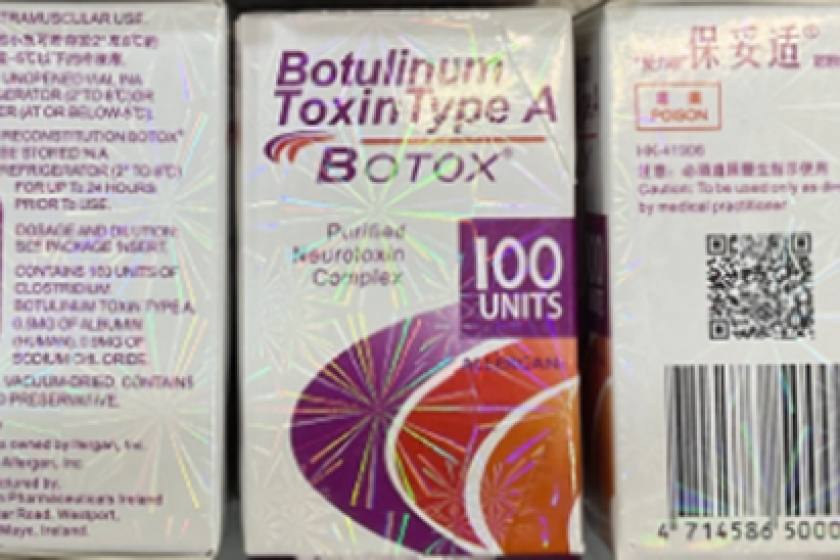Nutritional Role Seen in Spread of AIDS
Selenium, a nutrient found in whole grains and seafood, could help prolong the lives of people who test positive for the AIDS virus, a researcher said Friday.
University of Georgia researcher Will Taylor said an analysis of the genetic code of HIV, published in the Journal of Medicinal Chemistry, suggests a key role for selenium in the biochemical makeup of the human immunodeficiency virus.
A potential role for the chemical element could help explain the spread of AIDS among Haitians, intravenous drug users and Africans, many of whom suffer from chronic malnutrition.
“Selenium levels in the diet could be a factor in the time it takes to develop full-blown AIDs. If you have a better selenium status, that could be a factor,” said Taylor, who bases his hypothesis on research conducted through computer simulations.
“All the evidence we have for this, at this point, is totally theoretical. But it is pretty compelling theoretical evidence and it is consistent with pre-existing evidence.”
Selenium, which researchers believe has both anti-cancer and antiviral effects, is an antioxidant which helps maintain the function of immune cells.
The link between the nutrient and acquired immune deficiency syndrome has been known for some time. But researchers up to now have viewed selenium depletion among AIDS sufferers as a symptom of problems in absorbing nutrients.
Because selenium also can be toxic, however, researchers advise people to use supplements only after consulting their physicians.
“Our work says that there may be a more direct link between the HIV virus and selenium than was previously suspected,” said Taylor.



